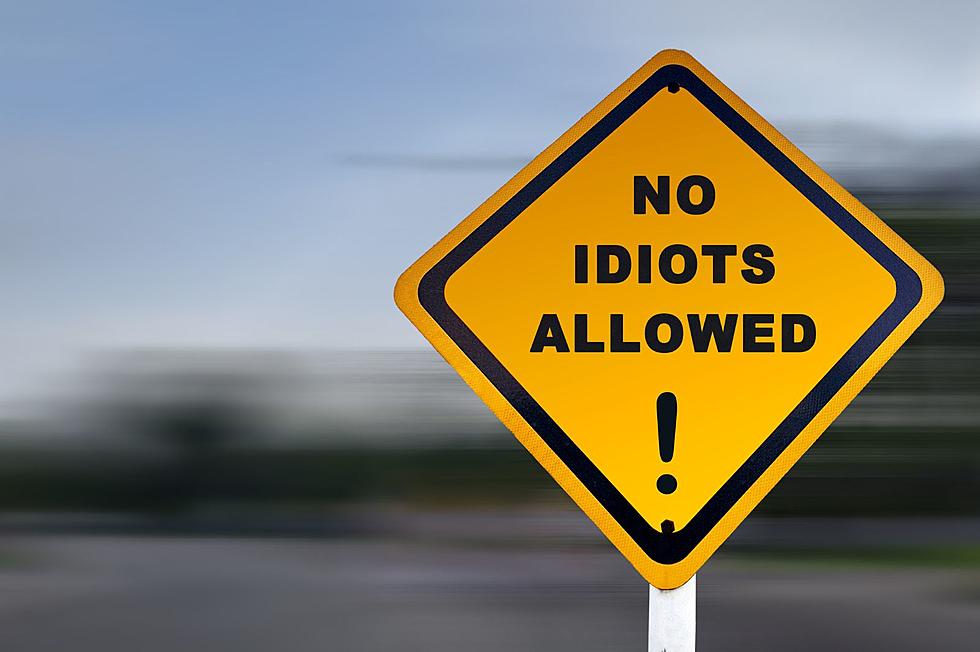
Avoid This ‘Trick Question’ That a Montana Police Officer Can Ask
I am no stranger to being involved in a traffic stop. Fun fact, I have been pulled over twice in the last six weeks. NO, not for running red lights or driving like a madman. Simply because the registration sticker on my rear license plate has disintegrated. During both stops, the officers were 100% professional and courteous. They even shared a laugh with me when I showed them the remnants of the sticker that I attached to my proof of registration.
During both of these stops, I could tell immediately why they were pulling me over before they even approached the car. I knew I wasn't speeding or driving on the sidewalk. Yet, I still refused to answer the "trick question" that many officers ask when they pull you over.
"Do you know why I pulled you over?"
Even if it is something as harmless as the situation I found myself in, it is still wise to train yourself to simply answer "NO." You also have a right not to answer. Just be polite about it. No need to incriminate yourself by blurting out that there is an empty beer can in your trunk or that you blew through a stop sign in a parking lot last week.
Just to be clear, I am NOT a lawyer. But according to the ACLU there are a few things you should and should NOT say when pulled over. But ALWAYS be ready to show your driver's license, registration, and proof of insurance.
According to Yahoo News, California passed a law that makes asking the "trick question" illegal for law enforcement.
Starting in January 2024, officers cannot start the interaction with that question and instead must state the purpose of the traffic stop before asking any other questions.
According to the text of the law, the only time that officers can skip stating the reason for the stop is if the officer deems it necessary “to protect life or property from imminent threat.”
It was created to reduce “pretextual stops,” in which an officer stops a vehicle or pedestrian for something minor with the intent of searching the driver and vehicle to determine if a larger crime is evident, such as expired paperwork or possession of certain items.
I truly appreciate law enforcement for all that they do. I do not like it when people make their jobs more difficult by being rude or disrespectful. Yet, I feel that simply saying "No" when asked the "trick question" is not making either of the people involved lives any harder. It is simply a right that you have and are free to use.
LOOK: Most dangerous states to drive in
Gallery Credit: Katherine Gallagher
11 Montana Bumper Stickers You'll Want to Put on Your Car
Gallery Credit: Ashley
More From My 103.5 FM









